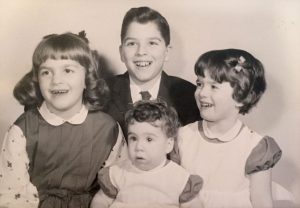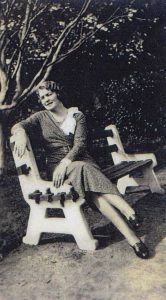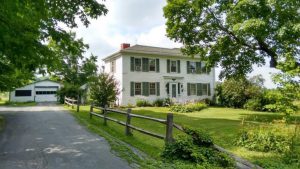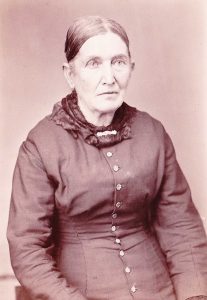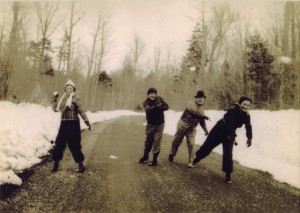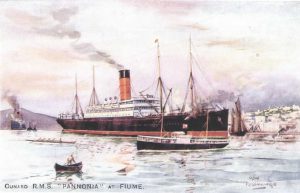 While my article about arranging your family papers in the winter edition of American Ancestors was meant to provide readers with the sense that they could preserve their collections on their own, I thought it would be helpful to go back and provide information that had to be removed from earlier drafts, beginning with defining some of the archival terms that I used.
While my article about arranging your family papers in the winter edition of American Ancestors was meant to provide readers with the sense that they could preserve their collections on their own, I thought it would be helpful to go back and provide information that had to be removed from earlier drafts, beginning with defining some of the archival terms that I used.
The first word that I use is “record/s.” As genealogists, we are used to identifying a record by the purpose for which it was created, such as vital records or census records. The Society of American Archivists (SAA) lists multiple definitions of what an archival record is, but the basic definition that applies to family papers is: Continue reading Arranging your family papers
